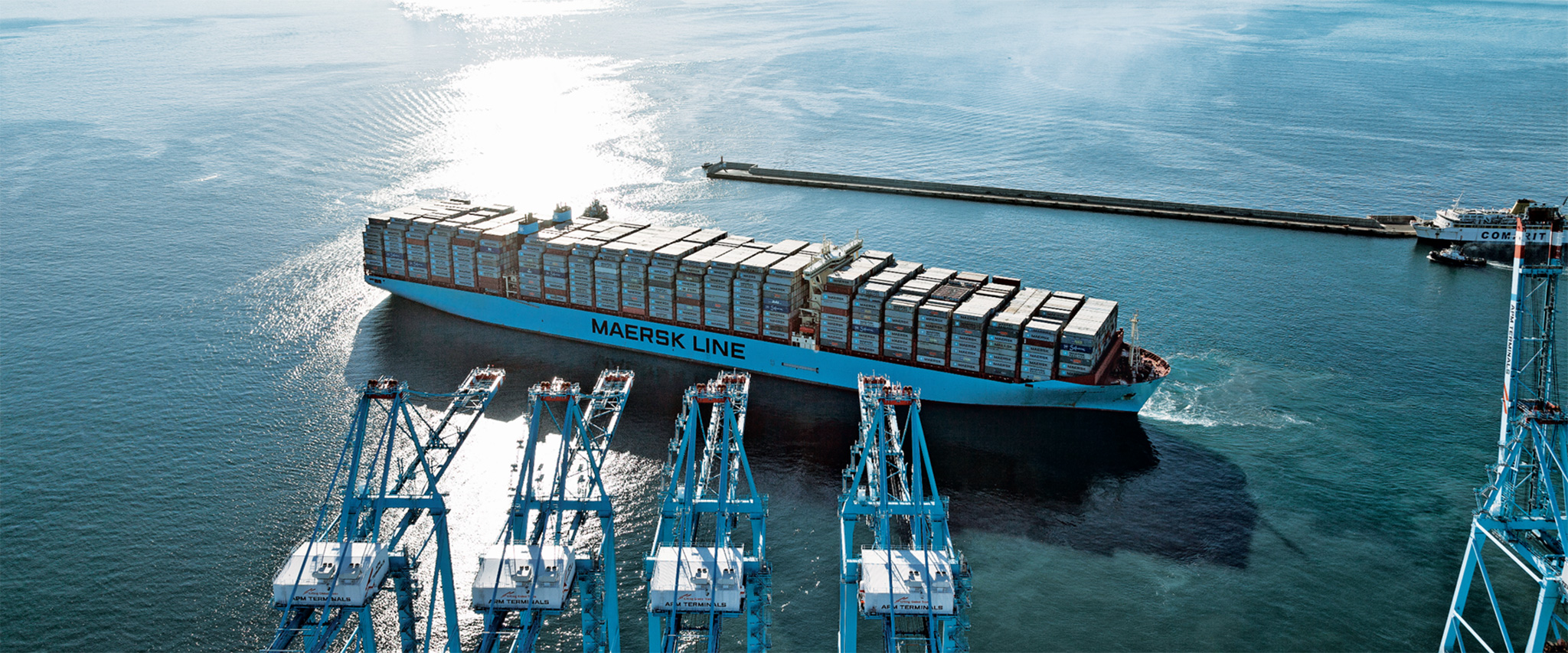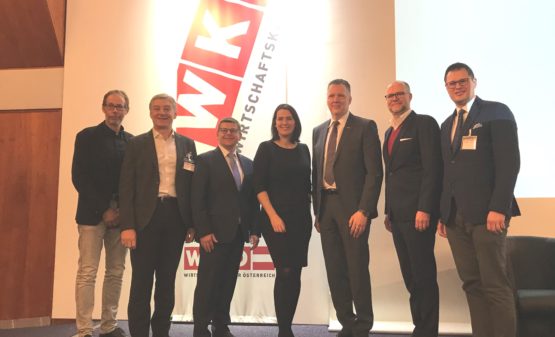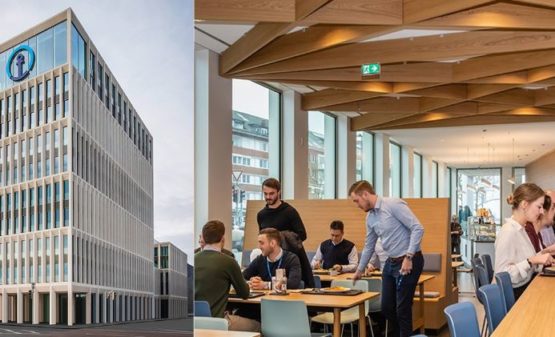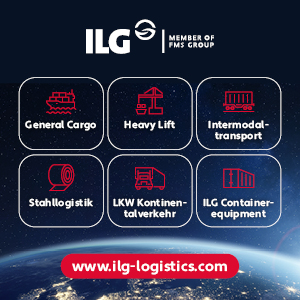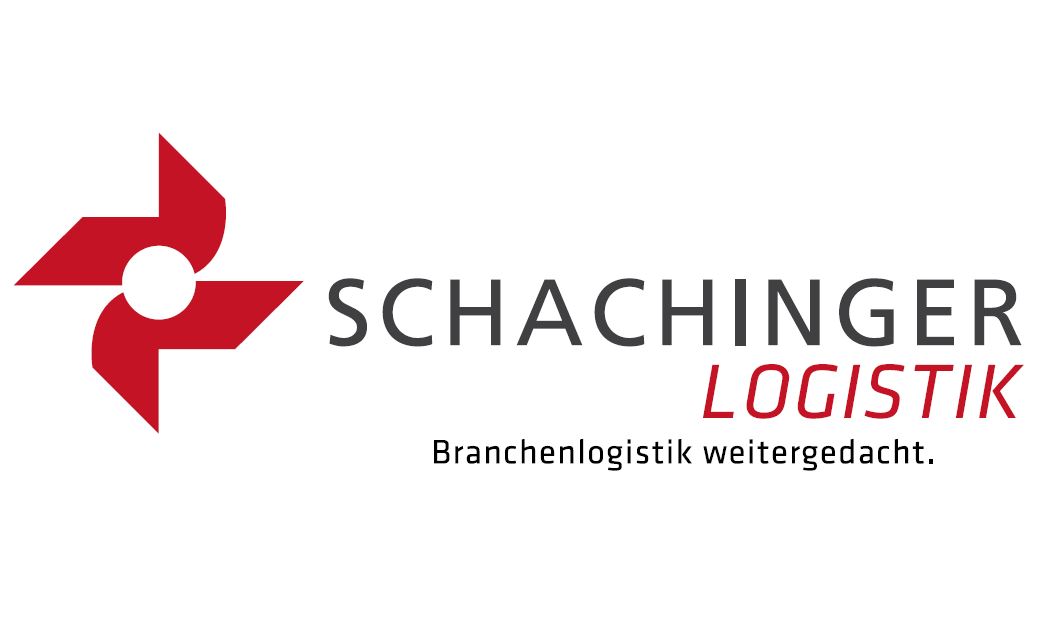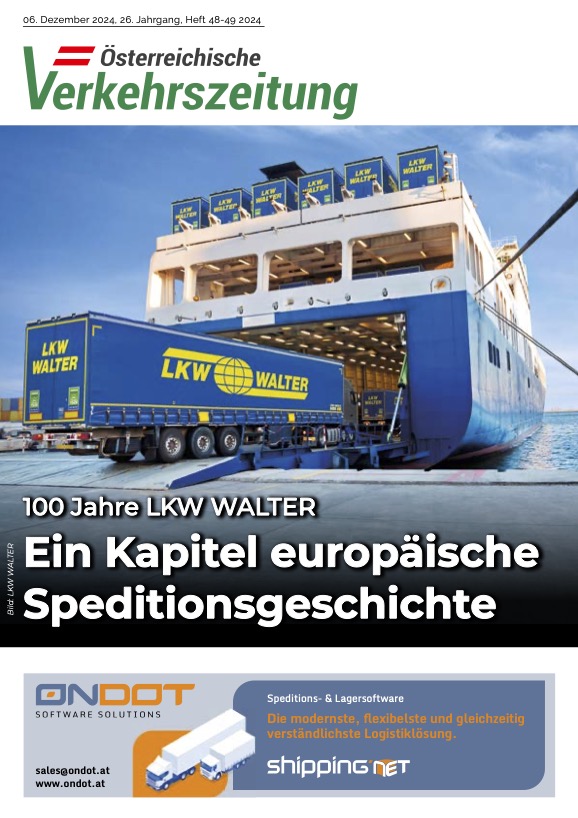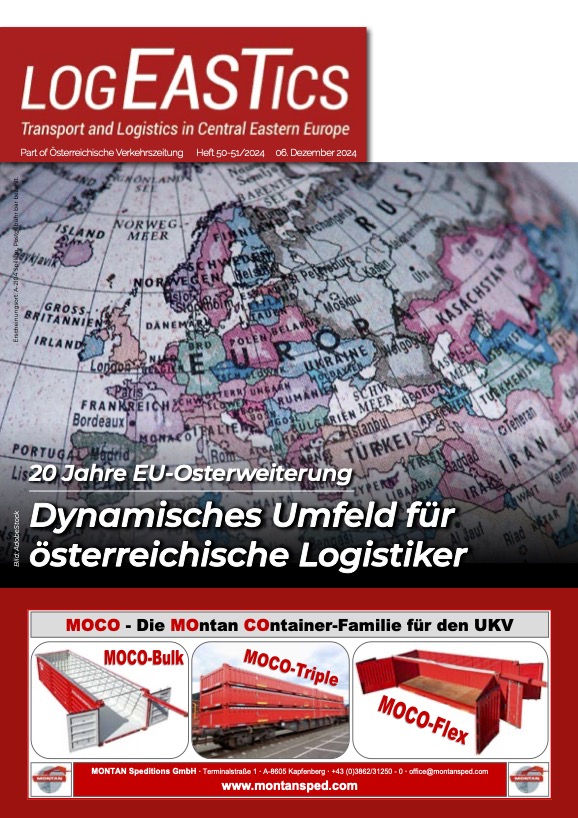Progress on the transformation of A. P. Moller – Maersk continued in 2018. Customers benefitted from integrated offerings, digital solutions and robust network improvements. Since 2016, the topline has grown by 43%, to USD 39bn in 2018, an additional USD 12bn in turnover.
“In 2018, we made significant progress in implementing our strategy. With the expected demerger and listing of Maersk Drilling in April, the separation of our Energy-related businesses will be almost complete. We have successfully integrated Hamburg Süd, accelerated our digital transformation and come together across sales, customer service, delivery and products as one company with customers at the centre of our attention. We are starting to see growth both in Ocean and non-Ocean segments,” said Søren Skou, CEO of A.P. Moller – Maersk.
Ocean revenue increased by 29% to USD 28.4bn (USD 22.0bn), driven by a 22% increase in volumes to 13,306k FFE (10,939k FFE), an average freight rate increase of 5.1% to 1,879 USD/ FFE (1,788 USD/FFE) as well as increases in other revenue, mainly due to demurrage and detention. The volume increase was primarily driven by the inclusion of Hamburg Süd, which also contributed positively to the increase in freight rates and other revenue, mainly because of demurrage and detention.
The integration of Hamburg Süd delivered synergies of USD 420m in 2018, which were mostly realised within procurement, network optimisation and increased volumes in gateway terminals operated by Maersk. The average bunker price increased by 32%, equal to 92 USD/FFE, while the average freight rate grew by 5.1% (1.9% or 34 USD/FFE excluding the Hamburg Süd rate impact). Unit cost at fixed bunker was 3.6% higher than in 2017, partly because of the effects of Hamburg Süd´s portfolio mix and negative foreign exchange rate developments. EBITDA was USD 3.0bn (USD 2.8bn).
Profitability of A. P. Moller – Maersk was in line with the latest guidance for 2018, with earnings before interests, tax, depreciation and amortization (EBITDA) of USD 3.8bn, up 8% over 2017. The improvement in operating earnings was driven by higher freight rates, efficiencies gained from the integration of continuing operations, and synergies from the acquisition of Hamburg Süd. However, margins in continuing operations were challenged and EBITDA was lower than initially expected at the beginning of the year, primarily due to an increase in bunker fuel prices not fully recovered by higher freight rates.
“Although we had a challenging start to 2018, looking at our financial performance, we increased earnings despite significantly higher bunker fuel prices and lower than expected container volume growth in the second half of 2018. However, profitability needs to improve,” said Søren Skou.
For 2019, Maersk expects EBITDA of around USD 5bn including effects from IFRS 16, and around USD 4bn excluding effects from IFRS 16. The organic volume growth in Ocean is expected to be in line with the estimated average market growth of 1-3% for 2019. Guidance on CAPEX is around USD 2.2bn and high cash conversion (cash flow from operations compared with EBITDA) is expected.
Maersk’s guidance for 2019 is subject to considerable uncertainties due to the current risk of further restrictions on global trade and other factors impacting container freight rates, bunker prices and foreign exchange rates.
A.P. Moller – Maersk is an integrated transport and logistics company with multiple brands and is a global leader in container shipping and ports. The company employs roughly 79,000 employees across operations in 130 countries.


